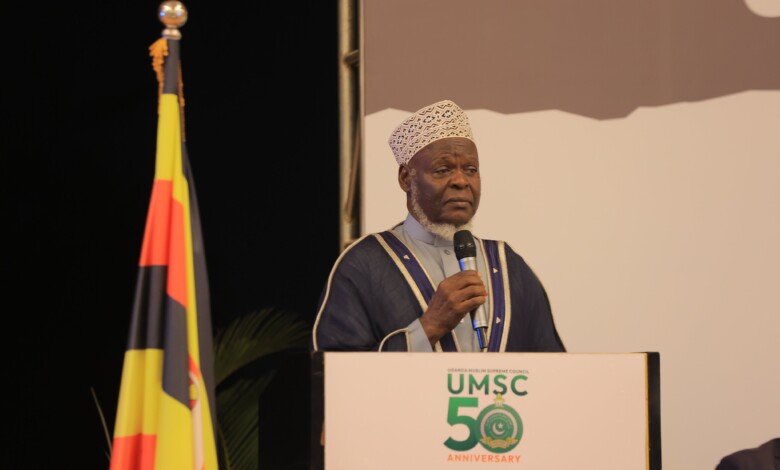UMSC approves Shs 32 billion budget for 2025

By Issa Kigongo
The Uganda Muslim Supreme Council (UMSC) general assembly has approved a Shs32 billion budget for the year 2025 to fund various activities aimed at advancing the Muslim community’s welfare.
Additionally, delegates have tasked the Mufti, Sheikh Shaban Ramathan Mubaje, with conducting a national census of Muslims in Uganda.

The move comes as a response to last year’s contested national census results, with the UMSC affirming that the Muslim census will not overlap or conflict with the government’s data collection. The goal is to gather accurate information to better serve the needs of the Muslim population.
The funds will be sourced from UMSC’s ongoing activities and external donations. During the two-day annual meeting, held on January 16, the assembly outlined key development projects for the upcoming year. These
include initiatives to enhance technology integration and efforts to utilise idle Muslim land through sustainable development programs at both district and national levels. The UMSC aims to create lasting economic and social impacts through these ventures, focusing on community empowerment and resource optimisation.
The assembly also approved the establishment of a Muslim babies’ home to address the growing issue of abandoned children. The home will provide shelter, care, and support to children who are left in vulnerable situations by their parents or caregivers.
Furthermore, the General Assembly approved a proposal for Muslims in Uganda to observe June 10 as the Muslim Martyrs’ Day annually. The holiday, honouring the memory and sacrifice of Muslim martyrs assembly called for this observance to be recognized as a public holiday, honouring the memory and sacrifice of Muslim martyrs.






